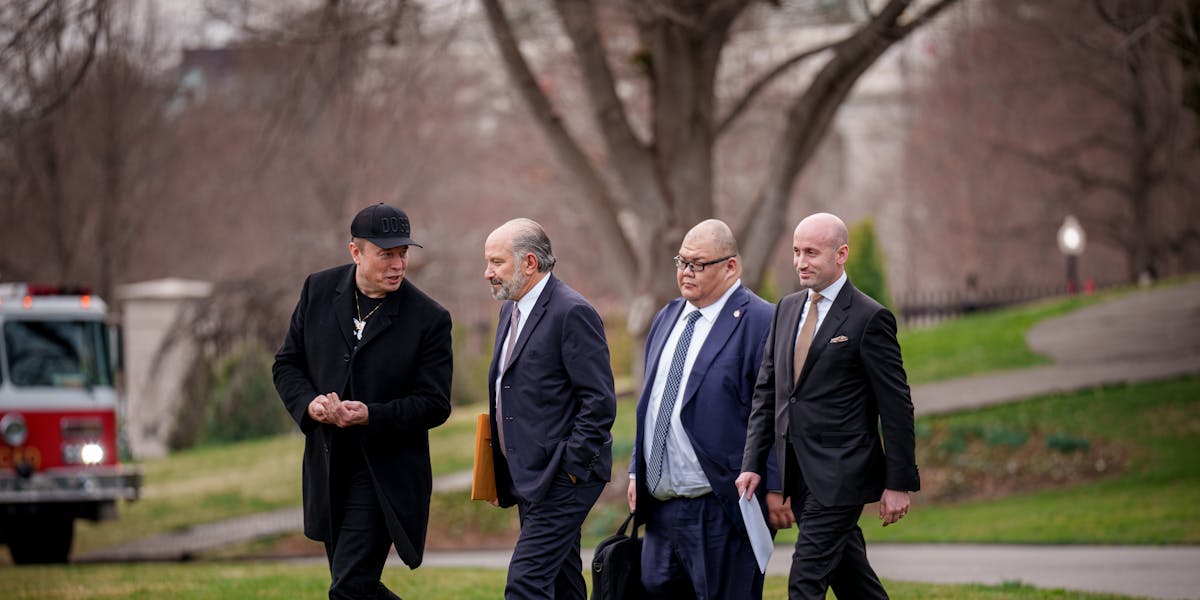
The Tesla Secret That Exposes Elon Musk’s Whole Game
- 21.03.2025 10:09
- newrepublic.com
- Keywords: Tesla, Elon Musk
Elon Musk's Tesla profits heavily from selling carbon credits, exploiting regulatory loopholes to boost its finances. Despite his image as an anti-government figure, Musk relies on these government subsidies, highlighting how the wealthy exploit public systems for personal gain while undermining social programs.